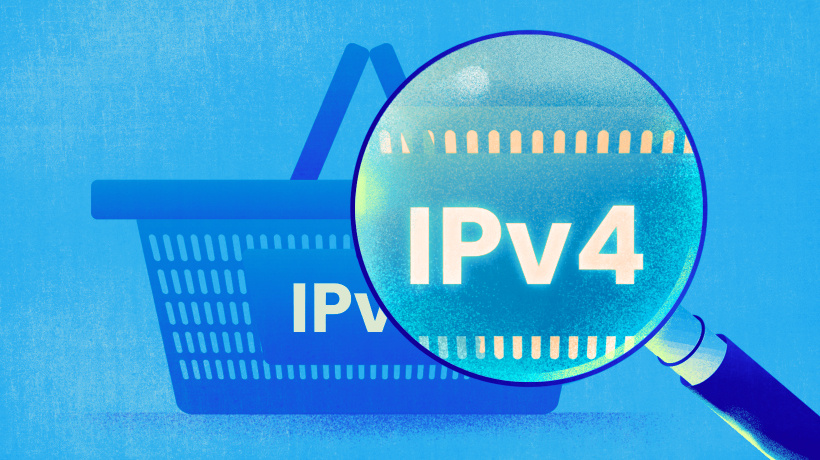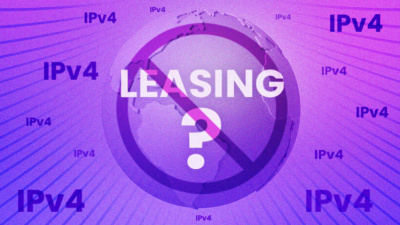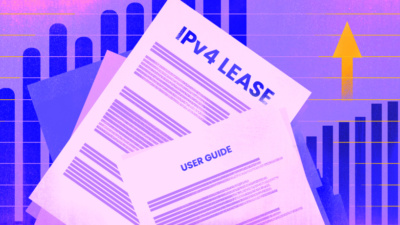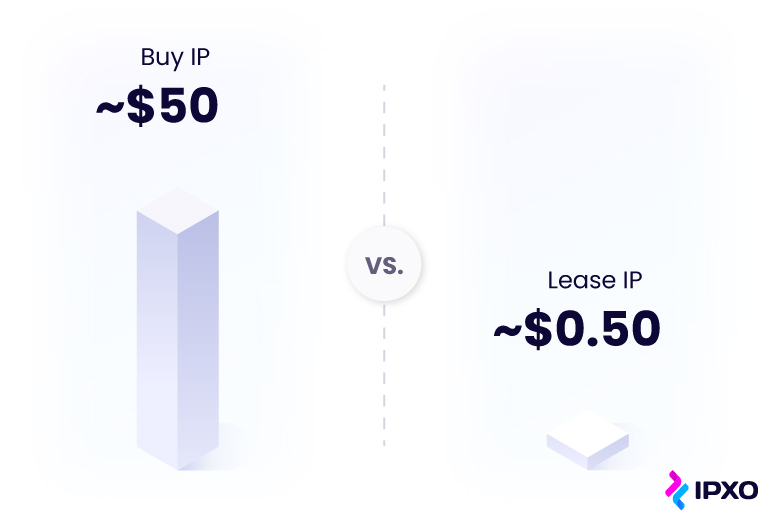Buying IPv4 Addresses: Is It the Best Option for Growing Companies?
Updated 21 February 2023
6 min read
4 August 2022
Beatričė Raščiūtė
Have you faced IPv4 exhaustion? Do you believe you must buy IPv4 address space? Discover why you should consider IP lease as the alternative.

About the author
Beatričė is a Technical Content Writer at IPXO. Having experience in translations, she decided to test new waters in the tech industry as a writer. While creating content, she dives deep into different internet and networking topics with the goal to present valuable information in the most reader-friendly way.
Table of contents
Related reading

27 October 2023 •
IP Leasing,
Stories
Top 10 Benefits of Leasing IP Addresses for IP Holders
Explore the top 10 benefits of leasing IP addresses with IPXO. Maximize income, protect your IP resources, and gain full control.
Read more
22 March 2023 •
IP Leasing
Opinion: IP Leasing Should Become a Market Standard
Learn why IPv4 leasing should become a market standard, which would bring many benefits in a more competitive environment, leading to additional revenue for all parties involved.
Read more
20 February 2023 •
IP Leasing
The Ultimate Guide to IPv4 Lease for IP Lessees
IPv4 lease enables companies to scale networks without purchasing expensive IPs and spending additional resources on IP management and IP reputation monitoring. Discover how to lease IPs with ease…
Read moreSubscribe to the IPXO email and don’t miss any news!


